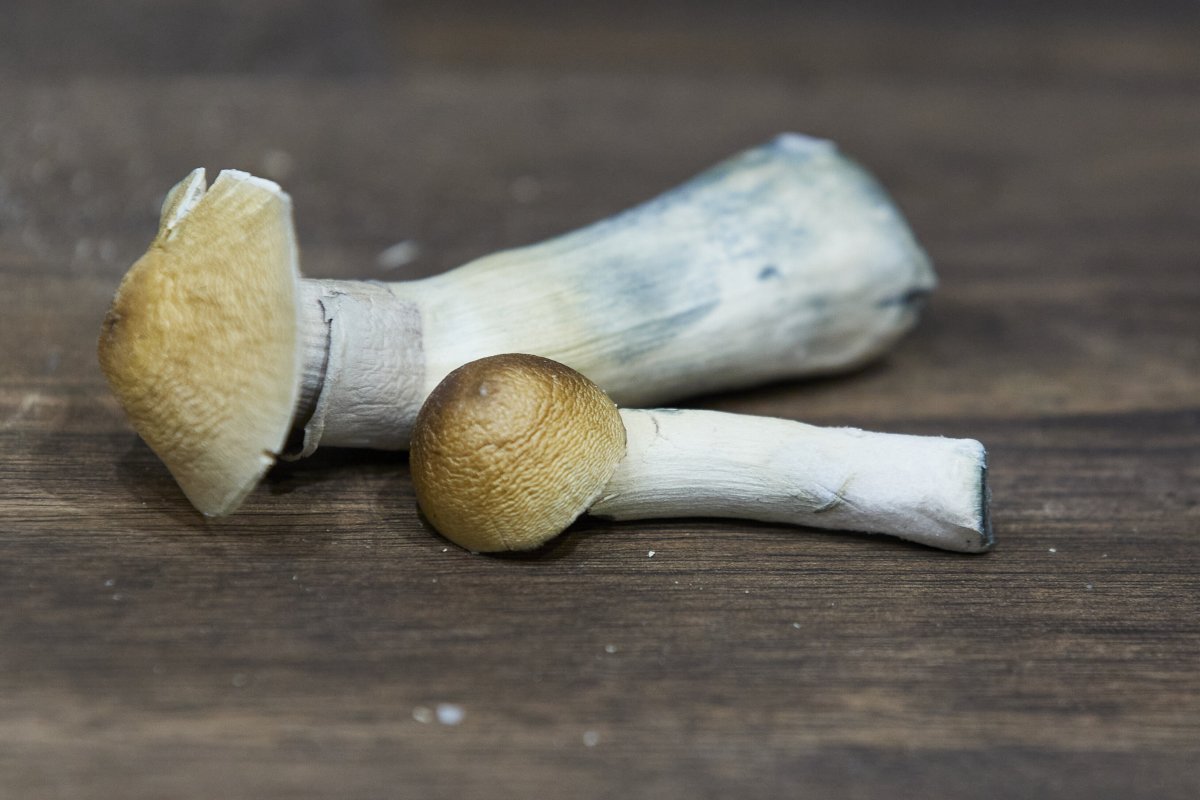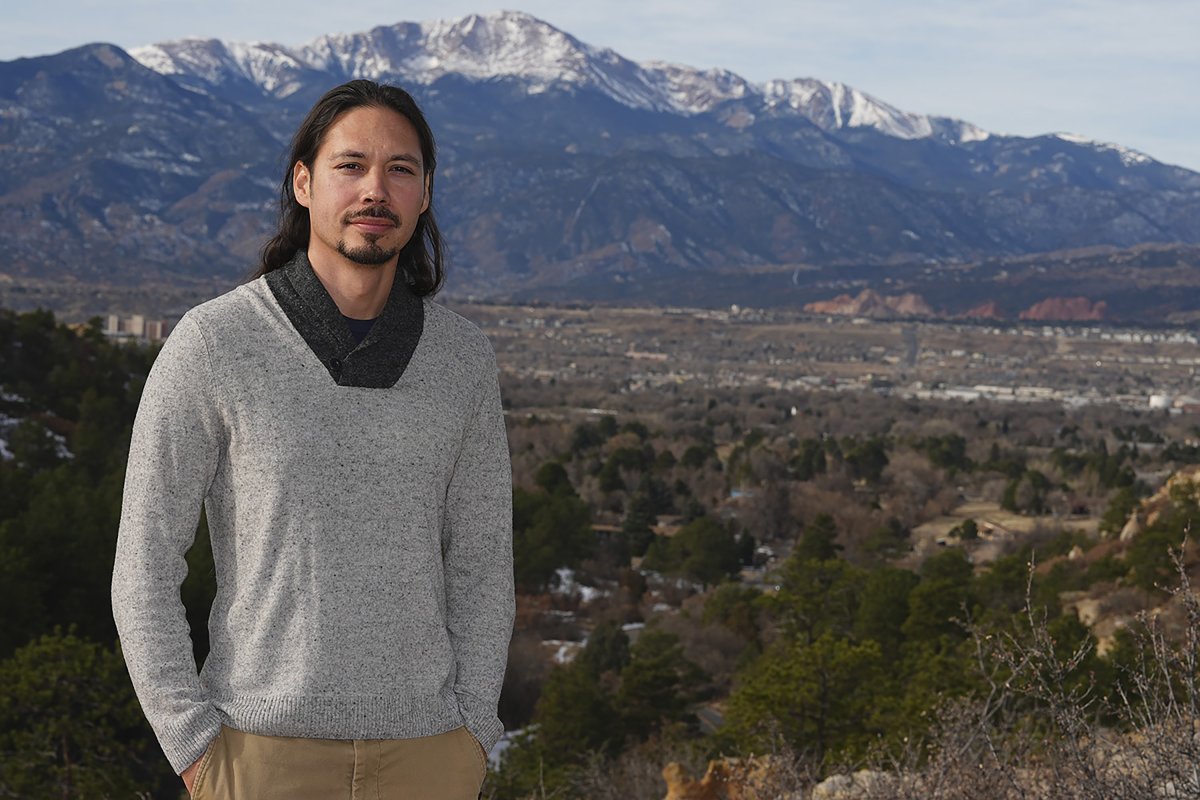
Colorado is now the second state to legalize psychedelic therapy, opening the door for psilocybin treatment to be used for conditions including PTSD and depression in facilities that are being called “healing centers.”
However, in Colorado Springs, conservative leaders are pushing back, restricting the therapy despite support from many of the city’s 90,000 veterans, who view it as a vital tool for mental health recovery.
Why It Matters
Colorado’s decision to legalize psilocybin therapy marks a significant step in the ongoing debate over drug policy in the U.S. While the legalization of marijuana in the state has been widely accepted, psilocybin faces more scrutiny due to its mind-altering properties.

Craig Mitchelldyer/AP Photo
The debate in Colorado Springs highlights the tensions between conservative values and the needs of veterans seeking alternative treatments for PTSD, a condition that affects many service members.
What To Know
In 2022, Colorado voters approved the therapeutic use of psilocybin, found in psychedelic mushrooms, after two years of rule making. The state now joins Oregon in legalizing psilocybin therapy, although the drug remains illegal in most other states and federally. Starting this week, businesses and individuals can apply for licenses to administer psilocybin, though treatments won’t begin for months as applications are processed.
Regulations for Psilocybin Therapy
Despite state legalization, several cities in Colorado, including conservative strongholds such as Colorado Springs, have moved to restrict psychedelic therapy. A recent city council meeting saw members propose extending the prohibition on healing centers from 1,000 feet to one mile from schools and other locations. Veterans, including special forces veteran Lane Belone, opposed the move, arguing it would limit access to treatment and extend waiting lists for those in need.
While psilocybin remains heavily regulated compared to marijuana, it is decriminalized in Colorado, and licensed facilitators will oversee therapy sessions. Unlike marijuana dispensaries, psilocybin therapy will be conducted in controlled, therapeutic environments with pretreatment risk assessments, testing of the drug, and ongoing support during sessions.

David Zalubowski/AP Photo
Military Community Affected
Colorado Springs is home to several military installations, making it an ideal community for retired service members. However, political leaders, including Council President Randy Helms, expressed concerns about the therapy’s safety. Helms, a veteran himself, supported the idea of psychedelic therapy but emphasized the need for strict regulatory requirements.
What People Are Saying
Lane Belone, special forces veteran: “We have an opportunity to support veterans, and it’s a really easy one to say ‘Yes’ to.”
David Leinweber, Colorado Springs City Councilmember: Marijuana is “literally killing our kids.” But Leinweber added that he supports greater access to psilocybin therapy.
Jeffrey Lieberman, a professor of psychiatry at Columbia University: “I’m very positive about the potential value, but I’m very concerned that we’ve gotten too far ahead of our skis.”
What Happens Next
As the debate continues in Colorado Springs, the broader acceptance of psychedelic therapy is still in its early stages. Advocates push for greater access, but the slow-moving approval process, particularly with the FDA, continues to delay wider adoption.
This article includes reporting from The Associated Press






